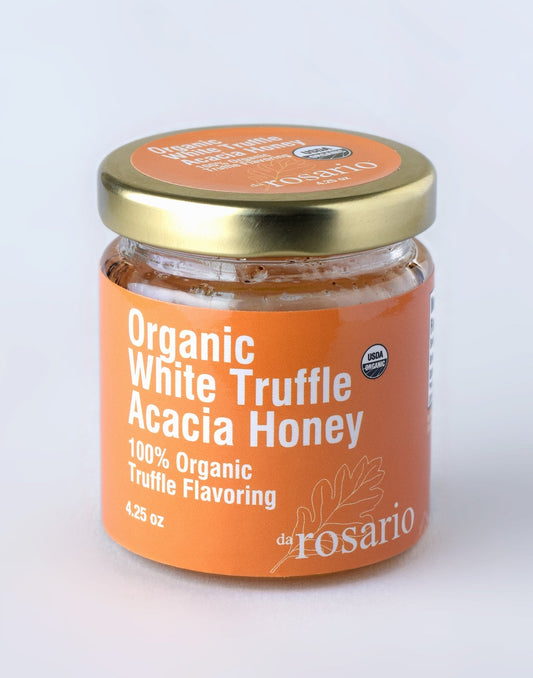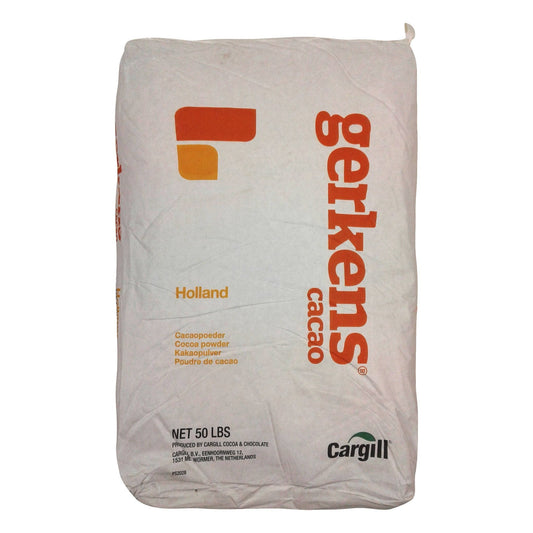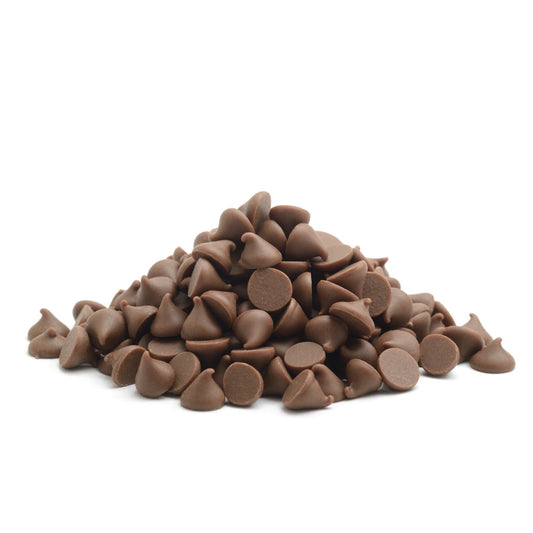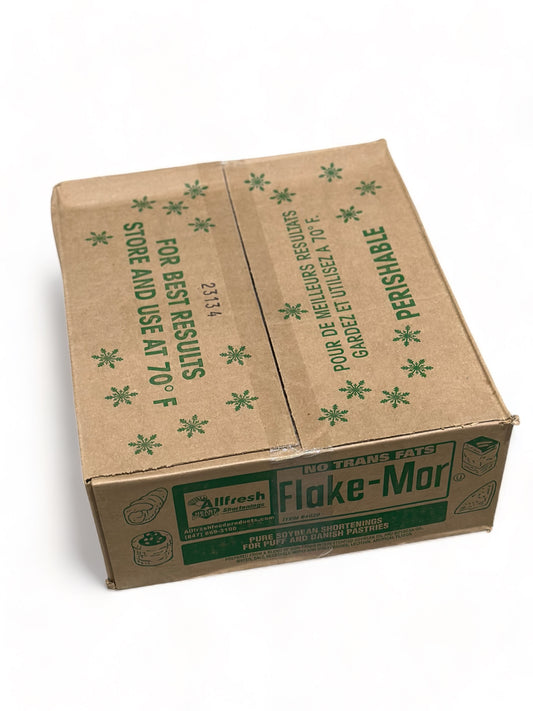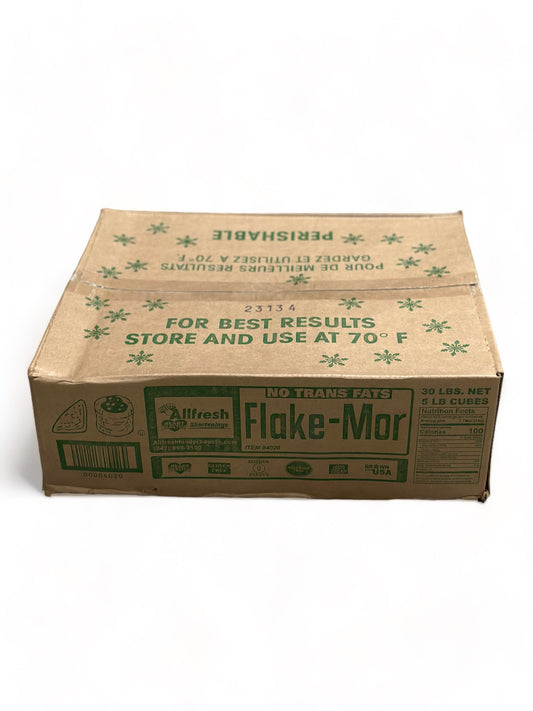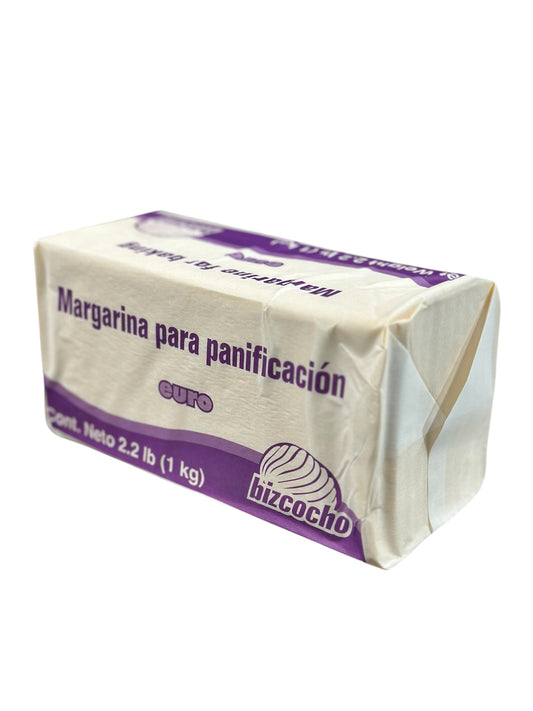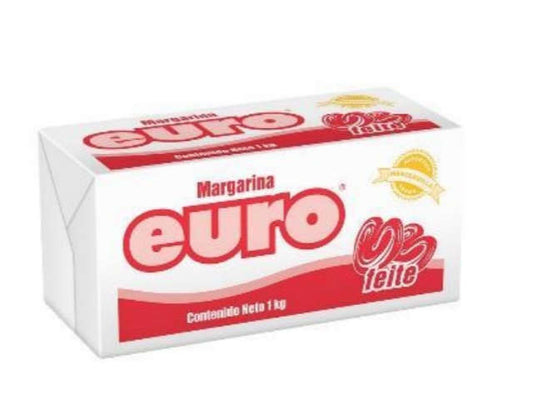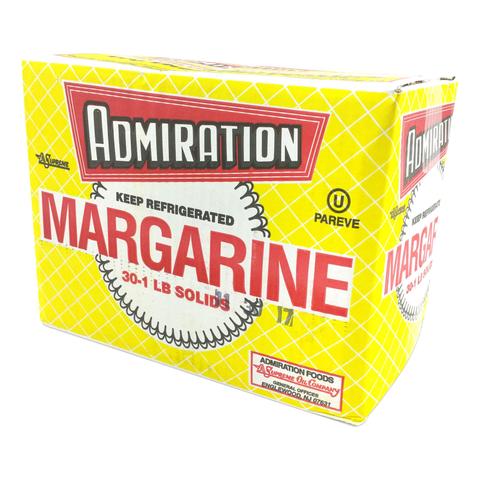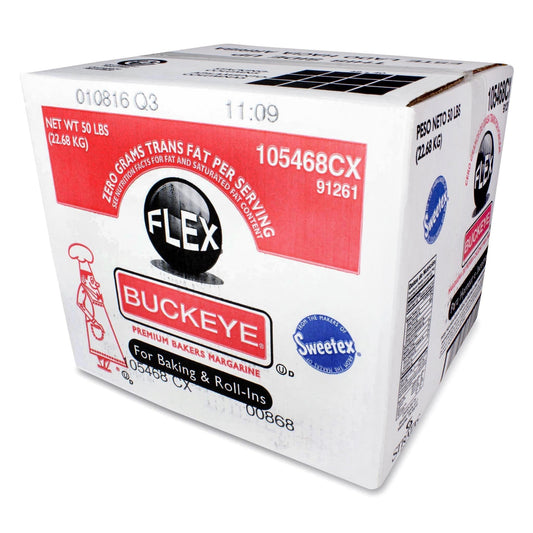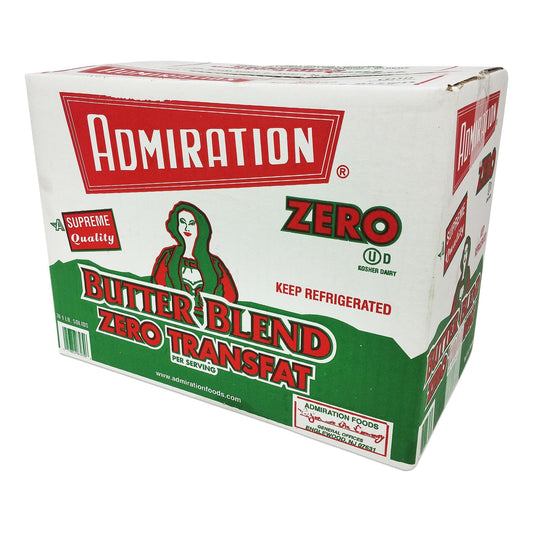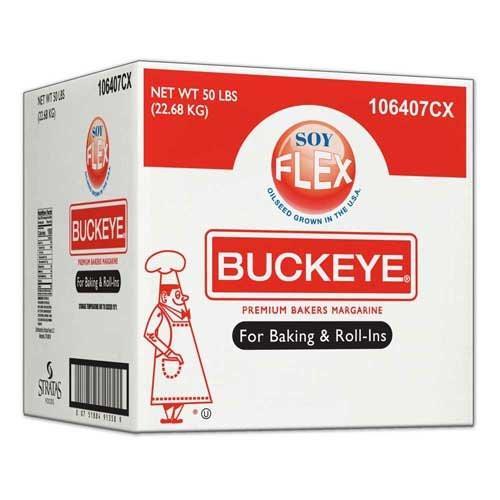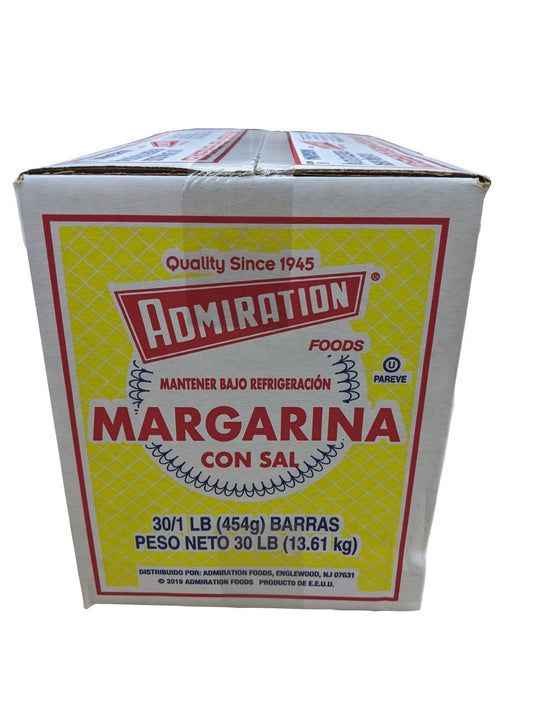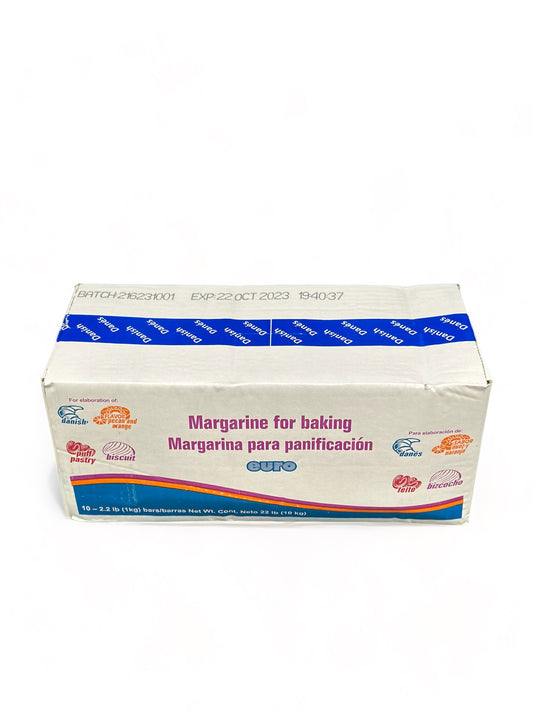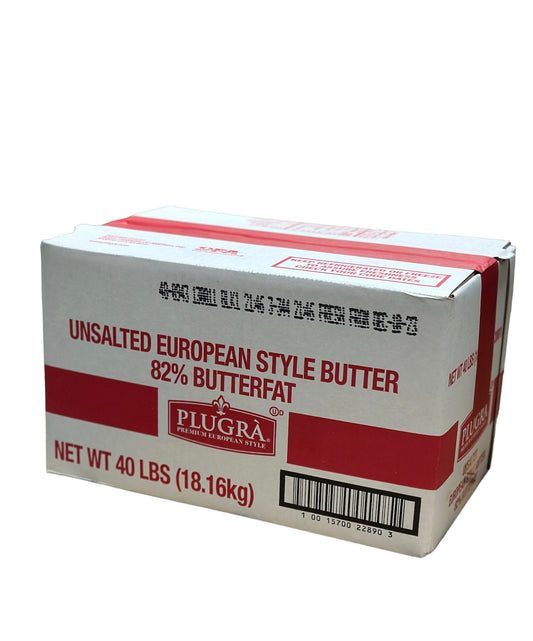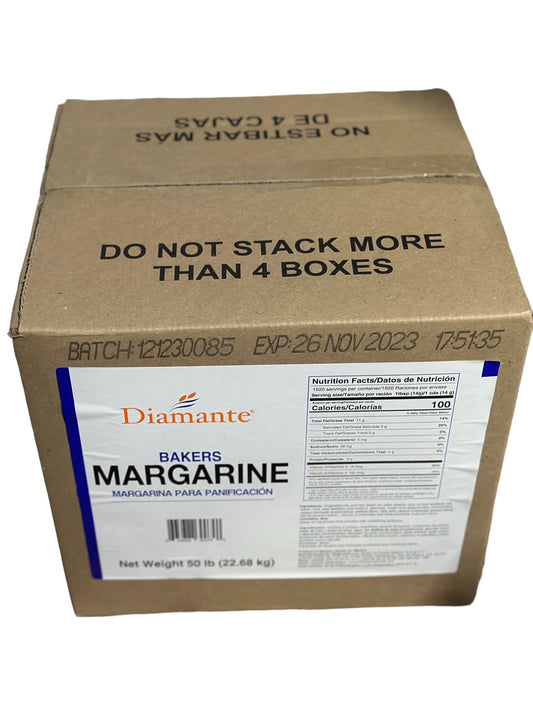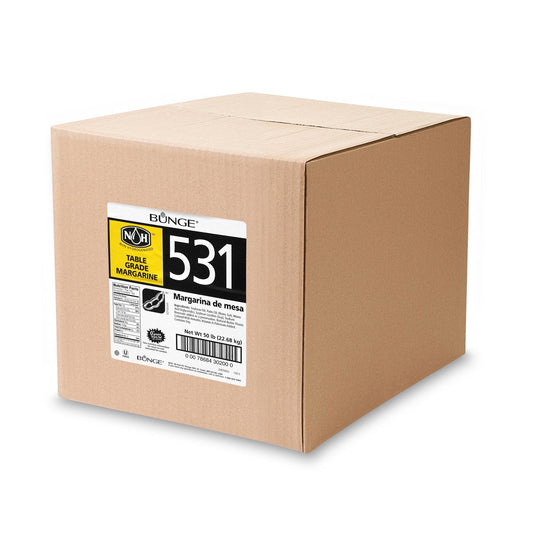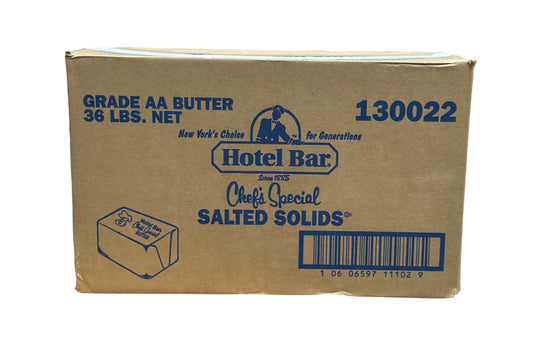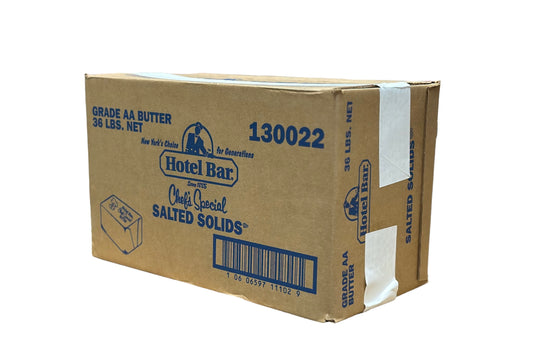-
Vendor:Allfresh
Flake-Mor Vegetable Shortening
Regular price $167.05Regular priceUnit price per -
Vendor:Bakers Authority
Margarine Euro Biscocho (purple label)
*Ships on Mondays & Tuesdays onlyRegular price $59.35Regular priceUnit price per -
Vendor:Bakers Authority
Margarine Euro Puff Pastry (red label)- 22lb Box
*Ships on Mondays & Tuesdays onlyRegular price $78.50Regular priceUnit price per -
Vendor:Admiration
Admiration Unsalted Margarine 30 lb
*Ships on Mondays & Tuesdays onlyRegular price $66.92Regular priceUnit price per -
Vendor:Stratas
Buckeye Palm Flex Bakers Margarine
Regular price $81.65Regular priceUnit price per -
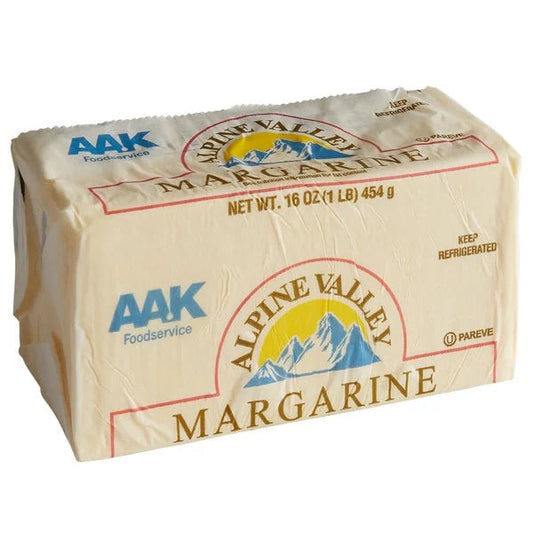 Sold outVendor:AAK
Sold outVendor:AAKSalted Margarine Case of 30 - 1 lb
Regular price $64.89Regular priceUnit price per -
-
Vendor:Stratas
Buckeye Soy Flex Bakers Margarine
Regular price $68.04Regular priceUnit price per -
Vendor:Oasis
Vegetable Margarine Salted
Regular price $64.43Regular priceUnit price per -
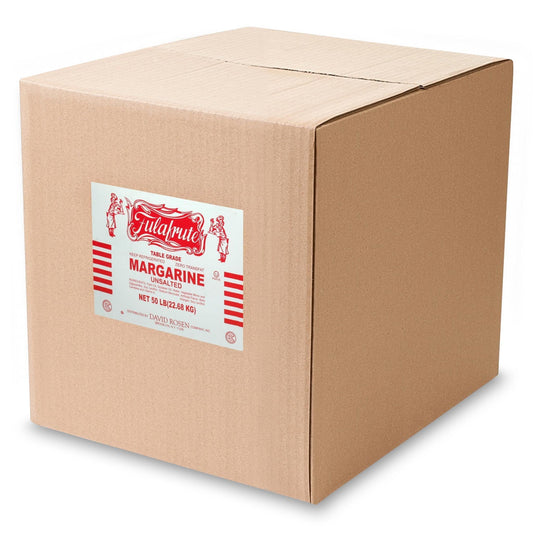 Sold outVendor:Bakers Authority
Sold outVendor:Bakers AuthorityUnsalted Margarine
Regular price $98.16Regular priceUnit price per -
Vendor:Bakers Authority
Euro Danish Margarine (Blue Label)
Regular price $69.43Regular priceUnit price per -
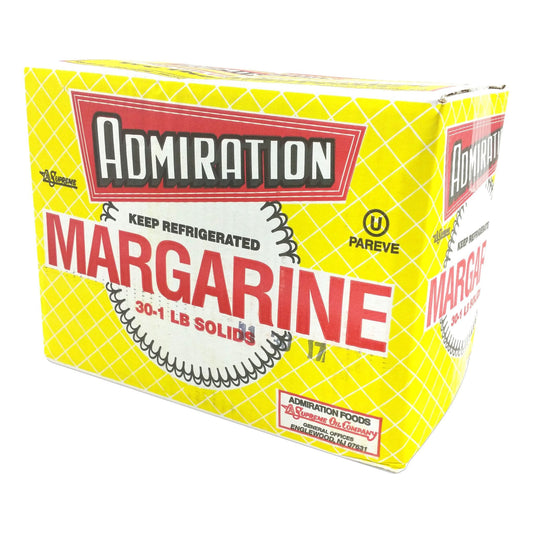 Sold outVendor:Admiration
Sold outVendor:AdmirationSalted Margarine USE ITEM D-0320
Regular price $65.87Regular priceUnit price per -
Vendor:Plugra
Butter (Sweet) Bulk 82% PLUGRA 40 LB
*Ships on Mondays & Tuesdays onlyRegular price $224.93Regular priceUnit price per -
Vendor:Diamante
Diamante La Dona Bakers Margarine
Regular price $122.06Regular priceUnit price per -
Vendor:Bunge
Table Grade Margarine
Regular price $82.94Regular priceUnit price per -
Vendor:Hotel Bar
Chef Special Butter (Salted) 36/1 LB
*Ships on Mondays & Tuesdays onlyRegular price $214.20Regular priceUnit price per
Frequently Asked Questions
-
What is the difference between margarine and butter in baking?
- While both margarine and butter can be used in baking, they have different fat content and flavor profiles. Margarine is made from vegetable oils, whereas butter is made from animal fat, typically cow's milk. For commercial bakers, the choice between the two often depends on the desired taste, texture, and cost considerations for the final baked product.
-
How does margarine affect the texture of baked goods?
- Margarine, due to its consistent fat content, can provide a uniform texture to baked goods. It can help produce soft, moist, and fluffy results in cakes and bread. Additionally, margarine can lead to a crispier texture in cookies compared to butter.
-
Is margarine suitable for vegan baking?
- Yes, many margarines are vegan as they are derived from vegetable oils. However, commercial bakers should always check the ingredient list because some margarines might contain trace amounts of animal-derived ingredients or additives.
-
How does the melting point of margarine compare to butter?
- Margarines generally have a higher melting point than butter. This characteristic can influence how pastries and other baked goods spread during baking, potentially leading to differences in final shape and texture.
-
Does margarine have trans fats?
- While early formulations of margarine did contain trans fats (from partially hydrogenated oils), many modern margarines have been reformulated to reduce or eliminate trans fats due to health concerns. Always check the label or product specifications to determine the trans fat content.
-
How should margarine be stored for optimal freshness?
- For commercial bakers, margarine should be stored in a cool, dry place, away from direct sunlight. Once opened, it's best to store it in a sealed container in the refrigerator to maintain its freshness and prevent it from picking up odors from other foods.
-
Can margarine be used in laminated doughs, like croissants and puff pastries?
- Yes, margarine can be used in laminated doughs. In fact, some commercial bakers prefer margarine for its consistency and the even layers it can produce. The choice between butter and margarine for laminated doughs often comes down to flavor preferences and desired pastry characteristics.
-
Is there a difference in shelf life between baked goods made with margarine vs. butter?
- Baked goods made with margarine tend to have a slightly longer shelf life due to margarine's higher water content and the presence of certain preservatives. However, factors like storage conditions, other ingredients used, and packaging can also impact the shelf life of baked items.

